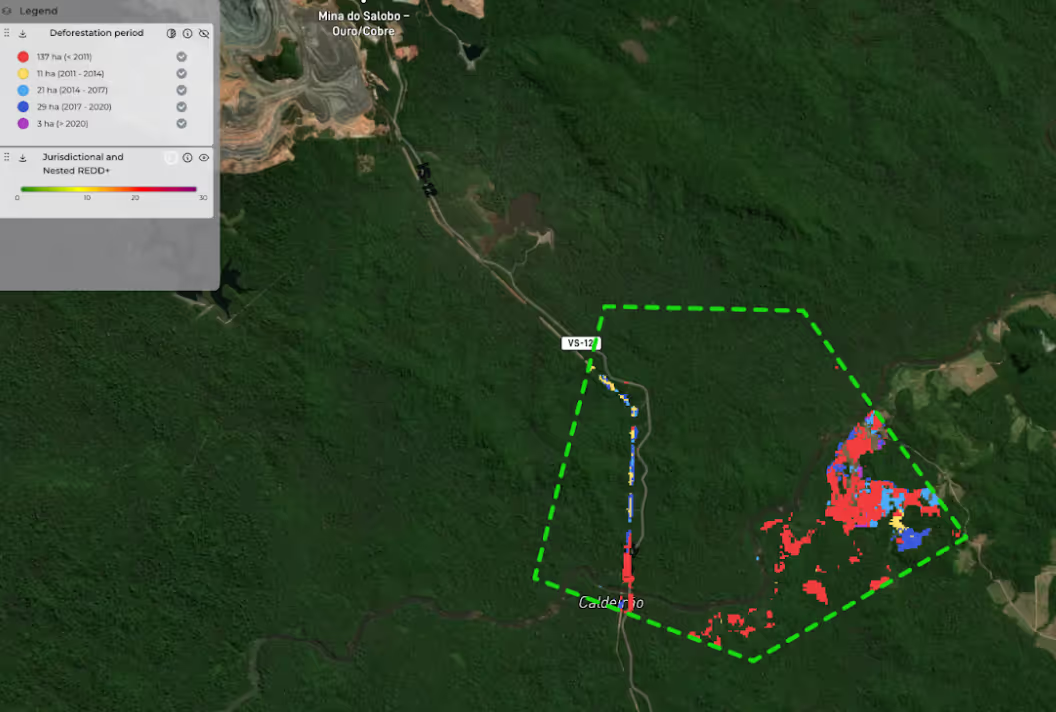The European Commission’s recent proposal on the EU Deforestation Regulation (EUDR) changes how downstream operators handle their responsibilities, but not what they are responsible for.
While the proposal reduces the administrative load by limiting the need for downstream operators to submit Due Diligence Statements (DDS) through TRACES NT, it does not change the core due diligence and traceability requirements. In fact, the update reinforces the need for robust, verifiable supply chain traceability.
1. Downstream operators still carry full due diligence obligations
Even without the submission step, downstream operators must still ensure that the goods they receive are backed by valid DDS references.
To do this, they need clear visibility across their entire supply chain - understanding exactly where products come from and confirming that those goods are covered by appropriate DDS documentation.
In short: the complications surrounding TRACES NT may ease for many, but the responsibility does not.
2. The emphasis shifts to traceability
This change primarily serves to reduce pressure on the TRACES system, which a member of the European Commission itself suggested faced challenges processing the expected volume of submissions.
By removing downstream submissions, the number of entries into TRACES could drop dramatically, but this shift also raises questions about the quality of due diligence carried out further up the supply chain. Under the proposed changes, only Operators (those placing products on the EU market for the first time) will be required to submit a Due Diligence Statement (DDS) through TRACES and conduct full due diligence. Downstream manufacturers or traders will instead be allowed to rely on the assumption that due diligence has already been conducted to a credible standard by their suppliers.
In practice, this could make it easier for less scrupulous actors to introduce non-compliant or even illegal material into the market, particularly in regions already facing challenges with illegal logging and trade. For responsible suppliers working with high-profile clients who demand verified, sustainable sources, this underlines the growing importance of having strong, transparent oversight throughout the entire upstream supply chain.
As TRACES becomes less of a bottleneck, internal traceability systems become even more vital. Operators and traders alike should now focus on ensuring they can confidently track DDS references and compliance information across every stage of their supply chain.
3. Expect new complexity in managing multiple DDS references
Previously, TRACES submissions often helped companies consolidate multiple DDS references into a single record. Especially where companies were manufacturing products or shipping mixed pallets of goods to EU customers.
Without that step, downstream operators may now need to manage and pass along multiple DDS references instead. This could introduce new logistical challenges, but it also pushes the industry toward greater transparency and data integrity.
Nothing has yet been confirmed about the role of the voluntary DDS and clarity on this mechanism is critical for many companies who have invested time and money preparing for EUDR based on the Commission’s own guidance and FAQ documents.
4. A delay for small and micro businesses, a compromise for others
The European Commission’s proposal introduces a pragmatic compromise. While the regulation will still take effect as planned for larger companies with a 6 month grace-period without penalties, micro and small companies would benefit from a proposed 12 month delay to give them additional time to prepare.
5. What it means in practice
Your due diligence requirements haven’t changed, but this proposal gives you the space to focus your efforts where they matter most: on traceability and data confidence, rather than the administrative act of submitting declarations.
The European Commission’s proposal doesn’t reduce the importance of compliance - it redirects attention to its foundation: traceability and due diligence. Get in touch today to learn more.





